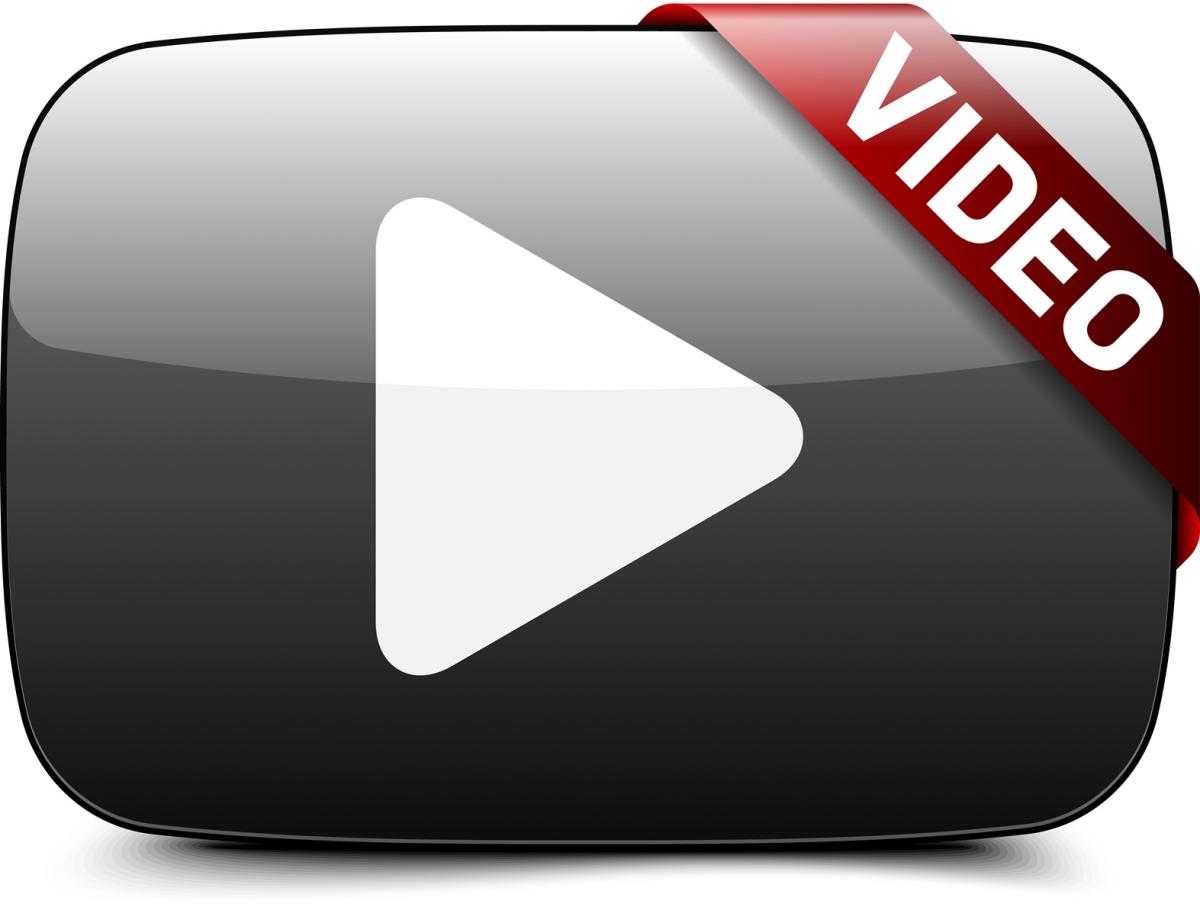 Last week I observed, first-hand, someone missing out on a booking because of what the host didn’t see.
Last week I observed, first-hand, someone missing out on a booking because of what the host didn’t see.
The person doing the booking for an upcoming special event relied solely on the talent’s YouTube videos to show what the host would be getting if they decided to move forward with the booking. And therein lies a lesson for all to learn from.
While, sure, a whole debate could ensue over various aspects of the video, the one element that stood above the rest was that the host felt there were some attributes missing.
Thus, this is a great opportunity to stop and review what you are putting out video-wise.
Might I add that this is not exclusive to YouTube. ReverbNation allows for videos and so do countless other platforms, whether music industry related or just social networks. Even Instagram will allow you to post 15 seconds of video. The granddaddy, Facebook, has recently made a huge shift toward putting an emphasis on videos, to the point where they’re encouraging users – leading them – to post more video content.
The fact is, video “sells.” Video works. People like watching videos. Just this morning as I read some articles via the Flipboard app on my phone, I played two, if not three, videos embedded into those stories.
So what are you putting online?
• If you move around a lot when you’re performing on stage, don’t just post videos of you sitting down playing.
• If you do cover songs, don’t just post videos of you performing your original songs.
• If you have a lot of uptempo songs in your repertoire, don’t only post videos of ballads.
• If you’re trying to get bookings for a duo, trio, or full band, don’t just post videos of you playing solo.
• If you once tried to cover a song outside your usual genre, don’t post that video. Stick with what most accurately depicts the music you’ll perform when someone books you.
• If you play out a lot, don’t only post pictures of you sitting your bedroom.
To be sure, I’m not suggesting that anyone is maliciously trying to bait and switch. Rather, consider this a public service message that you could be losing bookings if people making those decisions aren’t seeing what they’re looking for, what they’re expecting.
Keep in mind that none of the above is even talking about what you’re doing your filming with, not to mention video quality. As important as those elements are, you could have a pro camera that rivals what TV stations have, but if the content of what it shoots isn’t felt to be in line with what is being sought for a given live performance situation, it won’t matter.
Be unbiased and look at your online videos from a booker’s standpoint.
Bruce
15 February 2016
By: Bruce Wawrzyniak
